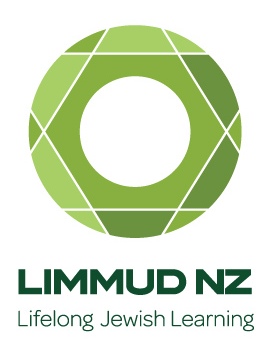
Are we the baddies? One of the most bizarre moments in a new history of racism in New Zealand comes in the late 1960s when the New Zealand National Socialist Party was in conflict with the National Socialist Party of New Zealand.
New Zealand was not big enough for two Nazi parties. One accused the other of being extremist and disruptive. One accused the other of being soft on Māori.
Of the two Nazi parties, the one led by Colin King-Ansell was the more successful, although even his form of success was very marginal. He won just 35 votes as a candidate for the Eden electorate in Auckland in 1972, falling to 19 votes in 1975.
Ideological feuds between tiny, fringe parties have an air of comedy about them. The inevitable comparison is with Monty Python’s People’s Front of Judea. The anecdote, told in Histories of Hate, shows how the story of the extreme right in this country is sometimes farcical, often confusing and largely unknown to most of us.













